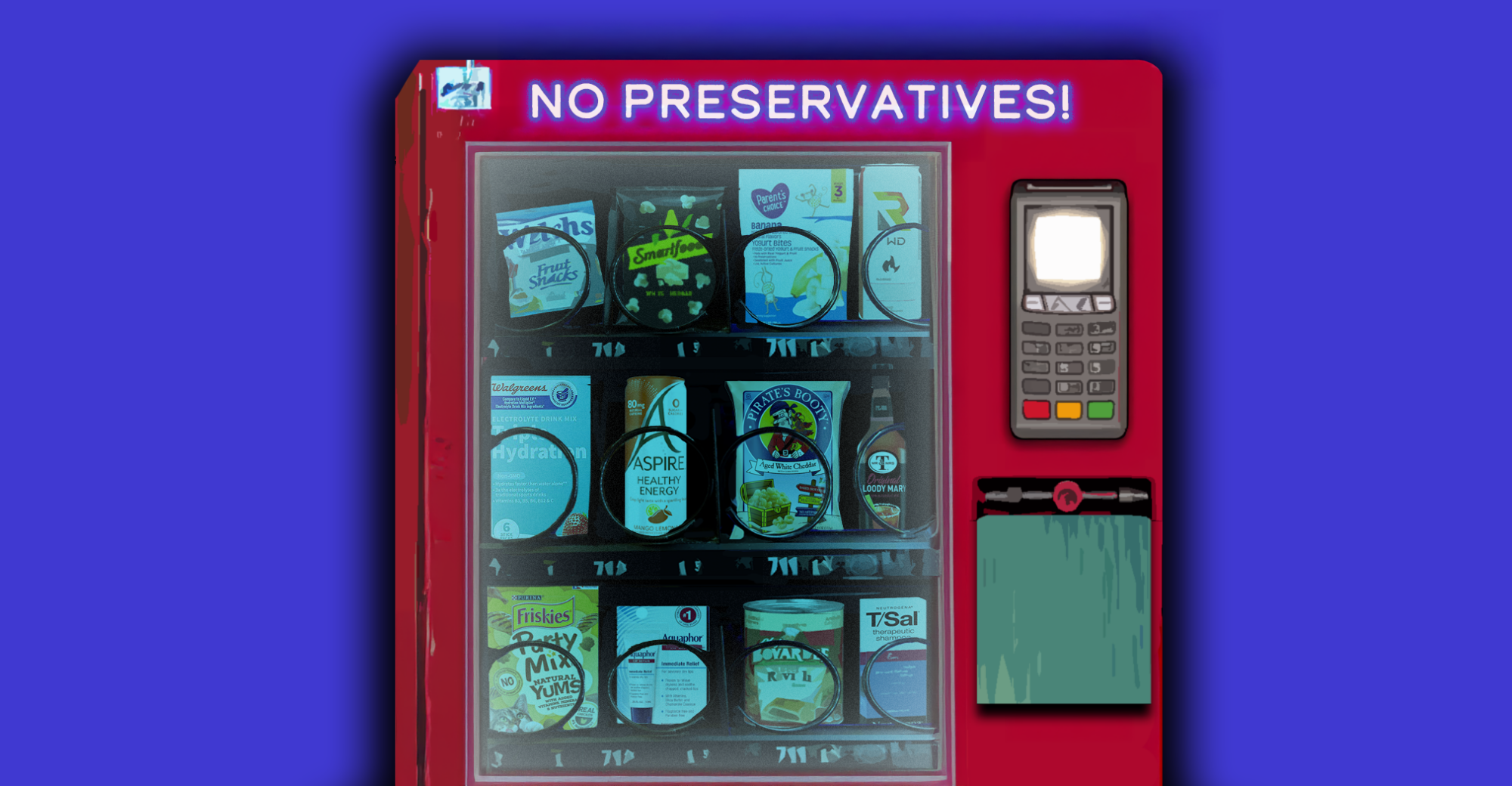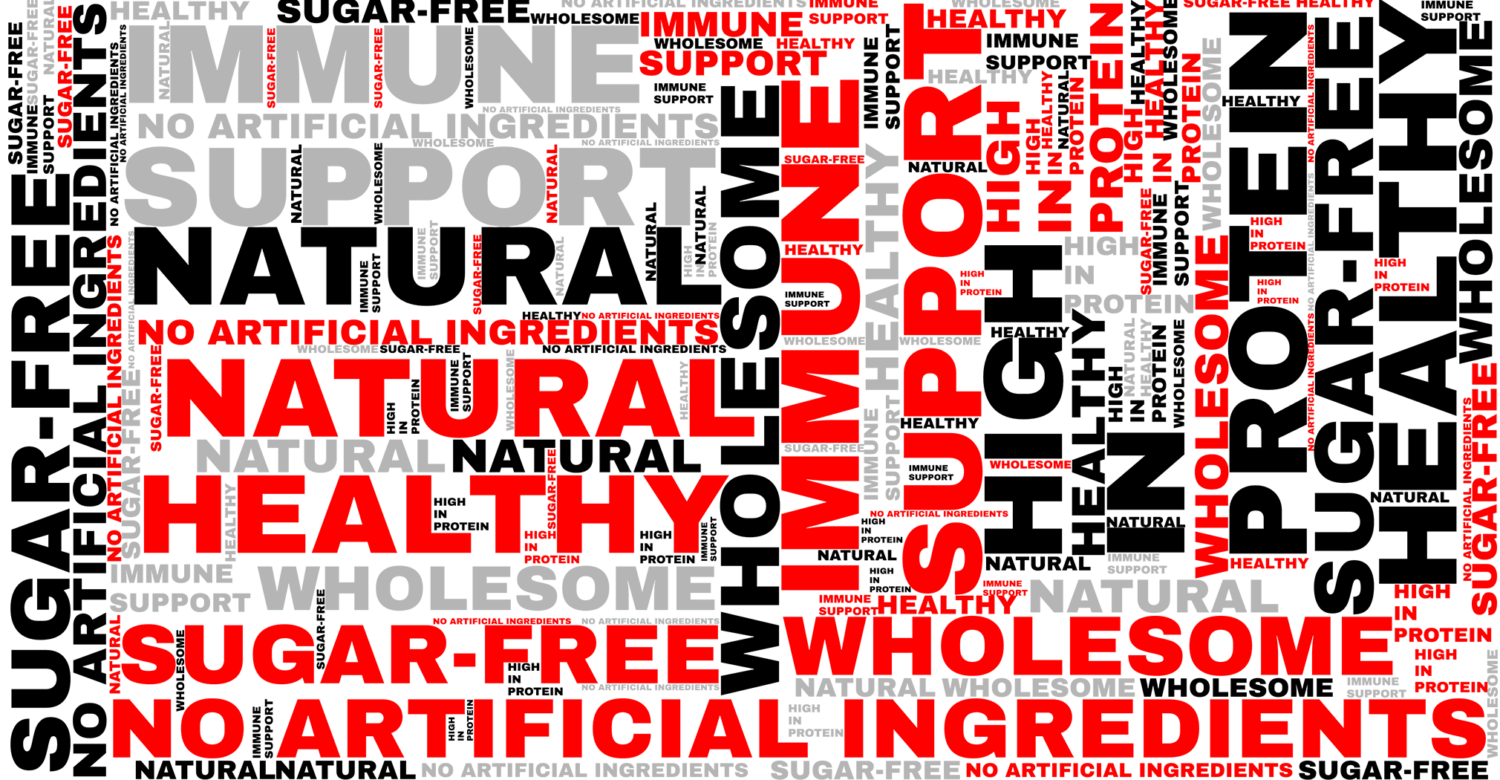
CATrends: Products Marketed as Containing No Preservatives
Class-action lawsuits target preservative-free claims.
Lawsuits allege foods and beverages aren’t as healthy as you might think.
To read some of the terms that appear on the front of certain food packaging is to be transported to a world of optimized health and nutrition. Food labeling terms like “natural,” “wholesome” and “sugar-free,” among others, beckon health-conscious consumers who often pay a premium for these “healthy” products.
But what do these terms actually mean and are they even true?
Nutriwashing, also known as healthwashing, is when a marketing term makes a food or beverage seem more nutritious or healthy than it actually is. And its use in the food industry, according to a flurry of class-action lawsuits filed in recent years, is widespread.
Since 2020, dozens of lawsuits have been filed against food and beverage companies for making false natural claims alone, including 12 so far this year.
For example, in a lawsuit filed last month against LMNT, plaintiffs allege the company markets its powdered drink mixes as made with “all natural ingredients” and “no artificial ingredients” when the products contain a highly processed and synthetic ingredient called maltodextrin, which is used as a preservative and flavoring agent. The lawsuit, which is pending, states:
The significance of naturalness has crucial meaning for consumers nowadays. They prefer food free from preservatives, additives or artificial ingredients for perceived naturalness of foods.
In fact, this consumer sentiment has led to an entire clean label movement.
In addition to powdered drink mixes, products at issue in the 2025 lawsuits include popcorn (Orville Redenbacher), chicken nuggets (Yummy Dino Buddies) and soda (Sprite and Fanta).
These lawsuits are helped made possible by the fact that there is no legal or regulatory definition of “natural.”
The FDA says it considers the term “natural” to mean that “nothing artificial or synthetic … has been included in, or has been added to, a food that would not normally be expected to be in that food.” But that leaves some wriggle room for marketers. And without a formal definition, it’s ultimately up to the courts to decide what’s likely to mislead consumers.
“Healthy” is another term that has been cited in nutriwashing complaints against companies whose products allegedly contain excessive amounts of added sugar.
But unlike with “natural,” the FDA actually has specific criteria advertisers must meet in order to lawfully market foods as “healthy.” This includes limits on added sugar and saturated fat that a pending lawsuit filed last month against Cibo Vita alleges the company exceeds despite marketing its Nature’s Garden yogurt-coated fruit bite Yoggies as “healthy.”
Despite its bold Healthy Claims, Cibo Vita’s Yoggies snacks are not “healthy.” Cibo Vita adds 7 grams of sugar per serving to the product, which also has 2.5 grams of saturated fat per serving. Per FDA guidelines, products like Yoggies must not exceed 2.5 grams of added sugar or 2 grams of saturated fat to qualify as “healthy.” Yoggies has more than double the permitted amount of added sugar and exceeds 2 grams of saturated fat. The product is not “healthy,” a health-snack, or a “seamless blend of taste, health, and innovation” as Cibo Vita claims.
Brands have also been sued for deceptively marketing foods or beverages as sugar-free (Chobani), wholesome (V8) and providing immune support (Lenny & Larry’s).
Nutriwashing lawsuits have been filed in a number of states including New York, California, Illinois, New Jersey, Missouri, Florida and Massachusetts.
Of note, in November 2021, a California court granted final approval of a $13 million settlement resolving allegations in a class-action lawsuit that Kellogg’s deceptively marketed various cereals, including Raisin Bran, Frosted Mini Wheats, Smart Start and Crunchy Nut, as healthy, nutritious and wholesome when they contain high amounts of sugar.
Despite the large settlement amount, class members with an approved claim were only eligible to receive up to 17 cents per purchased box (while plaintiffs’ attorneys walked away with more than $5 million). And the marketing changes that Kellogg’s agreed to make as part of the settlement were only required to remain in place for one year.
The bottom line
If proper nutrition is important to you, make sure you are reading the ingredients label on the back of food packaging and not just digesting the marketing on the front. And be wary of terms that have no formal definition as marketers have been shown to interpret such terms as they see fit.
Find more of our coverage on food labeling claims.
Class-action lawsuits target preservative-free claims.
Consumer Reports study sparks class-action lawsuits.
Brands named in litigation include SlimFast, Silk and Beyond Meat, among others.


